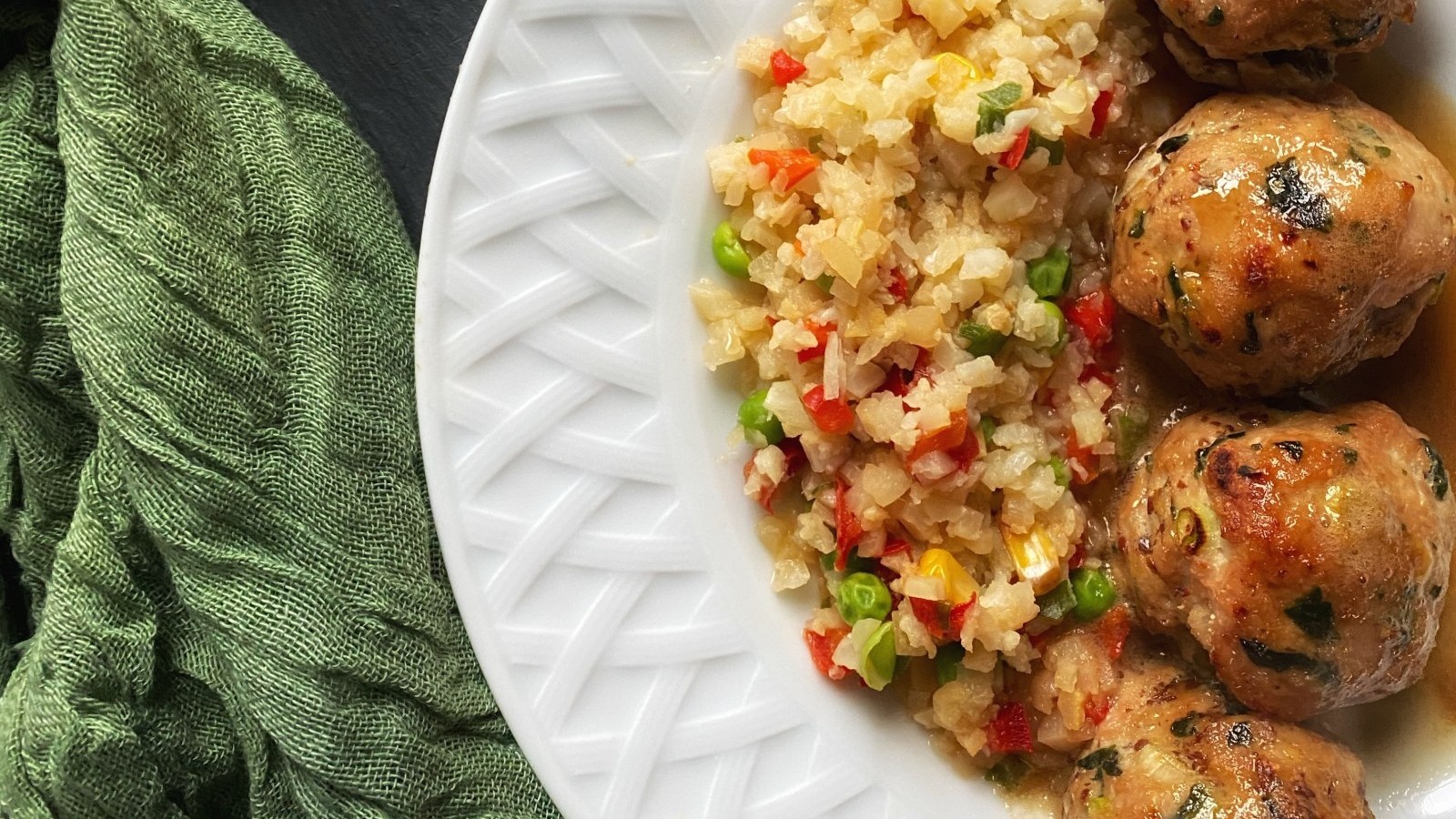Turkey contains both dark and light meats. Dark meat (legs, wings & thighs) contains more nutrients than white meat (breasts) but is also higher in calories and fat. However, the differences in calories is negligible, and the fat is unsaturated, so that should not play a role in which part of the turkey you choose to eat. If you prefer the taste of dark meat over white, by all means go for it!
Turkey is extremely rich in protein – just one serving provides 24g, or 48% DV! Protein is a macronutrient essential for building and repairing muscles, bones, cartilage, skin, blood and tissues. It also helps to transport nutrients around your body. Eating a high-protein diet also helps promote feelings of fullness and satiety, thereby supporting weight maintenance or even weight loss.
Turkey also packs a powerful punch of vitamins, minerals and amino acids including:
- B1 (thiamine)
- B2 (riboflavin)
- Vitamin B3 (niacin)- important for efficient energy production and cell communication
- Vitamin B-6 (pyridoxine)- supports amino acid formation and neurotransmitter production
- Vitamin B-12 – vital for DNA and red blood cell production
- Choline
- Zinc- essential for over 30 different bodily processes, such as gene expression, protein synthesis, and enzymatic reactions
- Selenium- essential for the production of thyroid hormones, which regulate metabolism and growth rate. Selenium may also help prevent certain cancers such as bladder, breast, stomach and lung
- Tryptophan: an amino acid which produces serotonin, a mood-enhancing, immune-boosting hormone.
Turkey Tips
- When choosing turkey, we always recommend organic and pasture-raised
- Turkey should be cooked until its internal temperature reaches 165º Fahrenheit.
- Pasture-raised turkeys typically have higher omega-3 content than factory-farmed turkeys.
